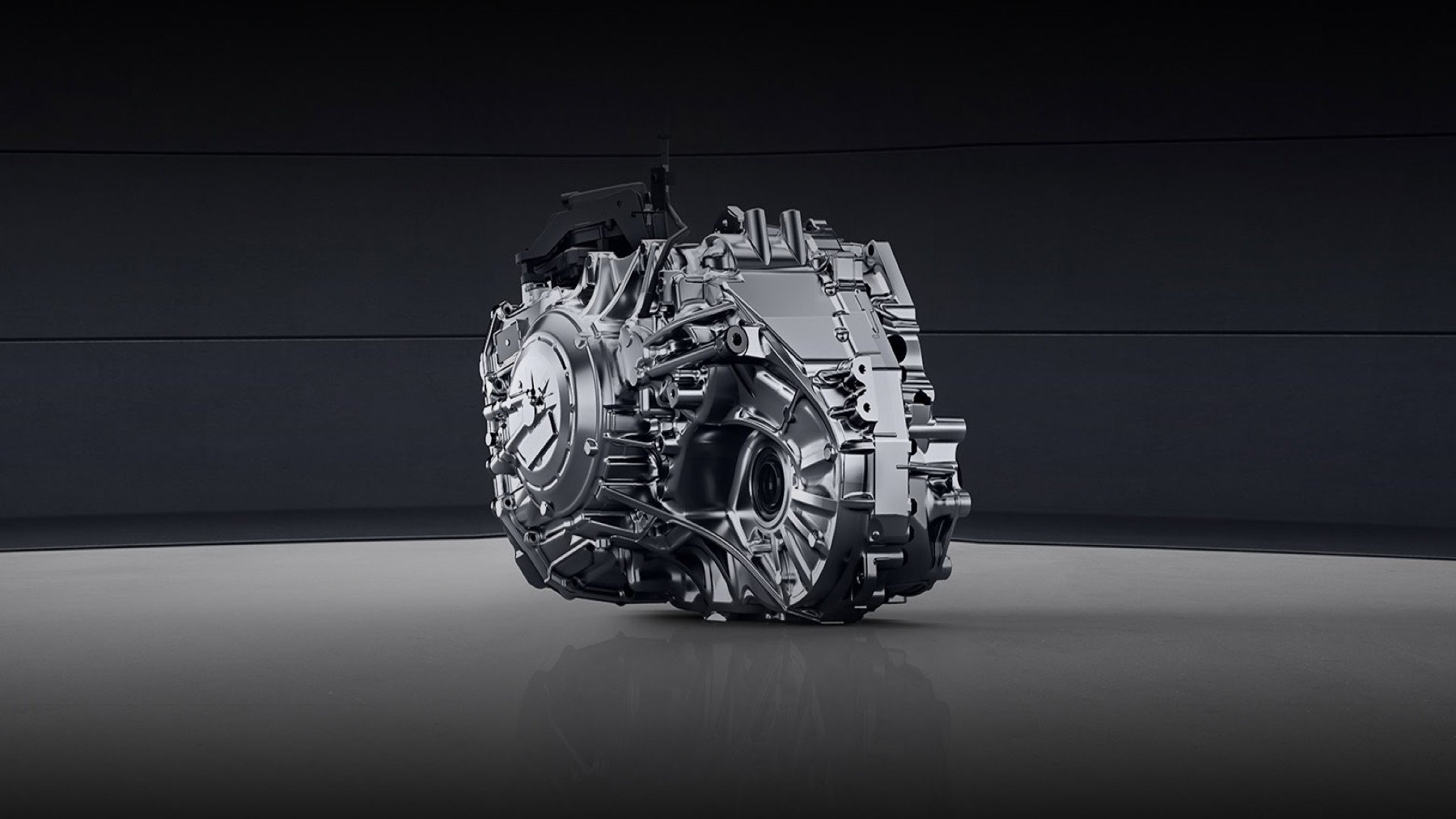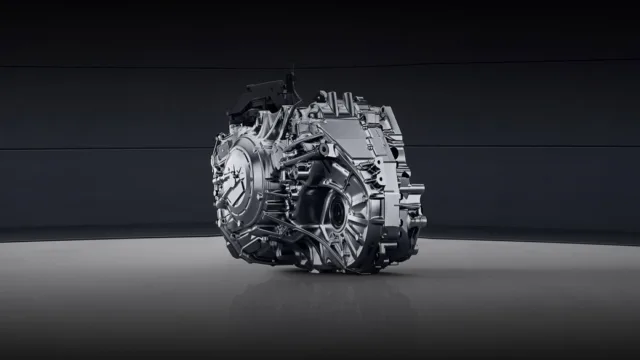
As the global auto industry begins to look past the first wave of electric vehicles, China is offering up a fresh contender in the race for sustainable transportation: methanol. This shift marks another chapter in the evolution of car engines — one that started with the push to reduce emissions, led to hybrids blending combustion and electric power, and later, to fully electric drivetrains. Now, with growing interest in carbon neutrality and the promise of hydrogen, China is leaving the competition stunned with a fuel few automakers are exploring.
China is using fuel most automakers overlook
China has consistently led the way in automotive innovation — from BYD’s widely used EV batteries to powerful hybrid powertrains and significant investment in hydrogen technology. Hydrogen, for instance, offers quick refueling without the long charging times of electric cars, but access is still limited. Hydrogen stations are rare, and the refueling process is complex, requiring air-sealed tanks and high-pressure systems.
While these technologies are already present in consumer vehicles, the world of racing has different demands. Formula 1, for example, runs on high-octane fuel combined with energy recovery systems for added acceleration. Formula E, on the other hand, runs entirely on electric power. But now, Geely — a major Chinese automaker — is pushing the envelope with something entirely new.
Geely unveils the first methanol-powered race car
Geely has officially introduced the world’s first methanol-powered engine for race cars. The vehicle, tested in extreme winter conditions, features the company’s in-house Aurobay DHE20TDM methanol engine. Not only does it meet China’s strict National VI-B emissions standards, but it also outperforms traditional gasoline engines in some areas, boasting thermal efficiency above 46%.
Following the success of its methanol engine, Geely announced plans for a new motorsport division under the banner of its “Green Methanol Racing Plan.” The goal: to push motorsports toward renewable energy, with methanol leading the charge. Methanol is a chemical compound made of carbon, hydrogen, and oxygen, and can be produced in various ways. The most common method involves converting natural gas (methane) into a mix of hydrogen, carbon monoxide, and carbon dioxide.
In China, however, most methanol is produced from coal using a similar process. But there are cleaner alternatives: green methanol, made from biomass or waste, and E-methanol, which is synthesized using captured carbon dioxide and hydrogen.
A race-ready engine for all conditions
Geely claims its methanol engine is built to perform across a wide range of racing environments, including harsh, cold climates. Quick refueling is another advantage — a critical factor in motorsport. Looking ahead, Geely plans to launch a brand-new racing series in 2026 called the Geely Super Cup Pro, featuring a full lineup of methanol-powered race cars competing in China.
Beyond racing, Geely is working to bring methanol technology to commercial vehicles by combining combustion with electric drivetrains. This hybrid approach could reduce emissions and cut down on pollutants, offering a cleaner alternative for everyday transportation.
Commercial use of methanol is next
With five new models — two SUVs and three sedans — set for release in 2025, Geely is positioning itself as a key player in the next wave of green mobility. The company kicked off the year strong, reaching a record 93,540 vehicles sold in January alone.
Caterpillar has introduced a hybrid system that combines methanol and diesel. While not entirely environmentally neutral, the sustainability of this solution depends largely on how the methanol is produced. The company plans to use green methanol — derived from renewable sources rather than fossil fuels — to significantly reduce carbon emissions and lower pollutant output during combustion. The initiative could become a case for other companies to follow and create other related projects for other industries.
Our coverage of events affecting companies is purely informative and descriptive. Under no circumstances does it seek to promote an opinion or create a trend, nor can it be taken as investment advice or a recommendation of any kind.
Source: ecoportal.net









